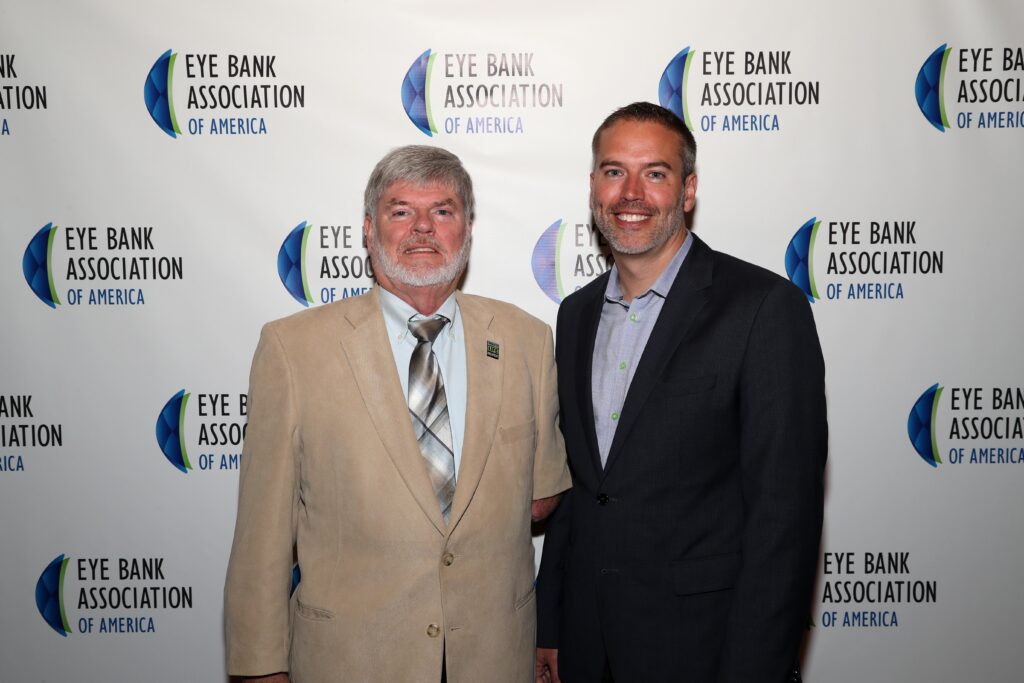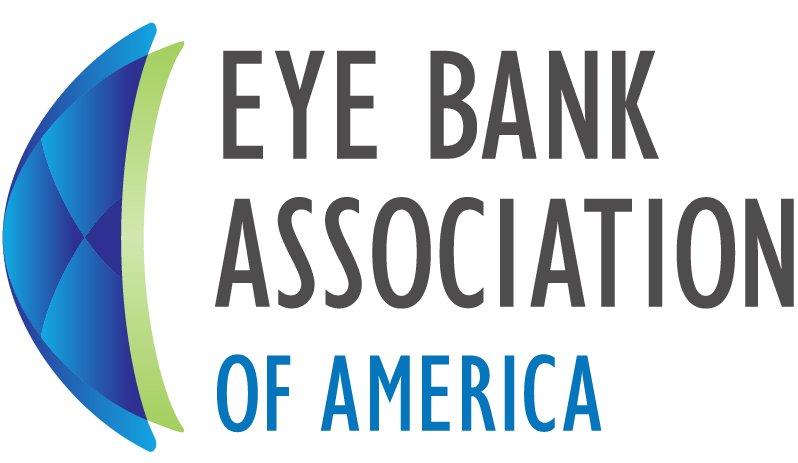
“Why would I want anybody else to do this surgery?”
Alan Berdahl was diagnosed with Fuch’s Dystrophy in 2006 by his son, John Berdahl while he was a just a first-year resident at Duke University. Dr. Berdahl explained to his father that Fuch’s Dystrophy is an inheritable disease that leads to cornea swelling as the inner layer of cells deteriorate. As it progresses, it eventually requires a corneal transplant.
As a cornea distribution specialist for the South Dakota Lions Eye and Tissue Bank, Alan evaluated the suitability of corneas for transplantation and ensured surgeons received the corneas. Knowing that he was going to need his own cornea transplant someday gave Alan an intimate connection to the process.
“Each and every cornea that came through, I thought ‘Would I take this if it were my eye?’” says Alan.
Going through this journey gave Alan a whole new perspective on his work with the Eye Bank.
“Eye bankers don’t usually get to see the joy of the recipients who have their sight restored,” said Alan. “I wanted to show them the other side – the people who get their sight back because of this gift.”
So Alan started a letter-writing program. He connects the recipients, confidentially, to the donor families to let the donor families know there is good that can come out of this tragic situation that they’re going through.
“When people discover they have Fuch’s Dystrophy or an eye disease, they feel vulnerable,” says Alan. “Something they have counted on their whole life is failing them, and they don’t know what to do. They’re scared.”
Blindness is the number one health fear of people according to a study done recently by Johns Hopkins University. Going from the number one health fear to having sight restored is a pretty big deal, and the Eye Bank helps make that possible.
“You can have the best surgeon in the world, and I think I had one,” says Alan. “But without that graft, without that tissue, the surgery doesn’t happen. This does not happen without that donor and the people who recover the tissue.”
And Alan did have one of the best surgeons in the world. His son John Berdahl MD performed the DMEK procedure on his dad in 2014, and now Alan is now 20/20 without glasses!
“There are gut check moments as a surgeon,” says Dr. Berdahl. “One of them is doing surgery on a family member. If you do that surgery the exact same way you’d do it for everybody else, then you feel like you’re upholding your oath. So I told my dad, ‘I’m going to treat you like I’d treat my patients.’”
And he did. Alan and Dr. Berdahl now share an incredible father-son moment – starting with the recovery of the tissue from a donor all the way to the placement of that tissue in a family member who needs it.
“What we do this week, restores sight next week,” says Alan. “There’s not many other professions that get to say that.”
And that’s a pretty great thing.


